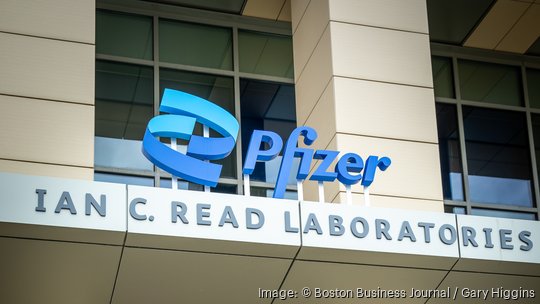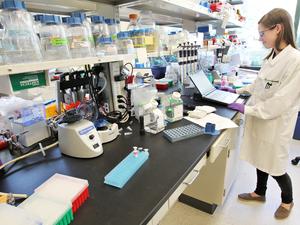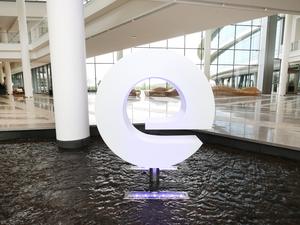
A Feb. 27 Wall Street Journal report that pharmaceutical giant Pfizer Inc. (NYSE: PFE) is looking to acquire Bothell-based biotech Seagen Inc. set off speculation about whether the $30 billion-plus deal would come to fruition.
Seagen was in well into talks to be acquired by Merck & Co. last year but the sale fell apart, the Journal said in its report.
Experts agreed a Pfizer deal to buy Seagen, should it come to pass, would make sense for Pfizer as it seeks to acquire revenues.
"Most big pharm companies are cash rich, so they've got the money to make acquisitions," Charles Hill, a professor emeritus of management and organization at the University of Washington, told the Business Journal. "They're buying revenues."
Seagen, which has four approved cancer drugs, generated $2 billion in revenue last year. Analysts at SVB Securities said Seagen could hit almost $11 billion in revenue by 2030 with its current pipeline, according to a Yahoo Finance report.
That makes the company an appealing target for Pfizer, which wants to add $25 billion in revenue by 2030 from business development deals, Berenberg Capital Markets analyst Zhiqiang Shu told Fierce Pharma. Over the same period, Pfizer could lose $17 billion in revenue due to patent expirations, The Wall Street Journal reported.
Hill said that big pharma companies traditionally looked to buy speciality biotechs that were in phase 2 or phase 3 trials, but now there is more interest in buying revenue-generating biotechs to bolster their offerings and replace technology coming off patents.
As for why Seagen would be interested in this deal, Hill said the company might be attracted to the sales and marketing power of a pharmaceutical giant like Pfizer.
New York City-based Pfizer generated $100.3 billion in revenue last year. Its oncology business generated $12.1 billion in 2022. The company, in a statement to the Business Journal, declined to comment on its interest in Seagen, citing a policy "not to comment on market rumors or speculation."
Seagen, formerly known as Seattle Genetics, has treatments on the market aimed at Hodgkin lymphoma and bladder, breast and cervical cancer, and is building a 270,000-square-foot biomanufacturing facility in Everett set to open next year. The company didn't respond to a request for comment on the potential deal.
If the acquisition goes through, it would come at a transitional moment for Seagen's leadership. In November, the company named David Epstein, a former executive at the Swiss pharmaceutical giant Novartis, as its new CEO. The move followed the resignation of co-founder and former CEO Clay Siegall in May following an arrest on suspicion of domestic violence. Siegall faces no criminal charges.
Potential hurdles for the deal include antitrust scrutiny from the Justice Department, which under the Biden administration has become more activist regarding mergers and acquisitions, Hill said.
Still, Pfizer has shown an ability to make deals under Biden's watch. Last year, it completed acquisitions of Global Blood Therapeutics and Biohaven Pharmaceutical.
"It depends on the overlaps between what Pfizer has and what Seagen has," Hill said. "It's typically a market share calculation."








